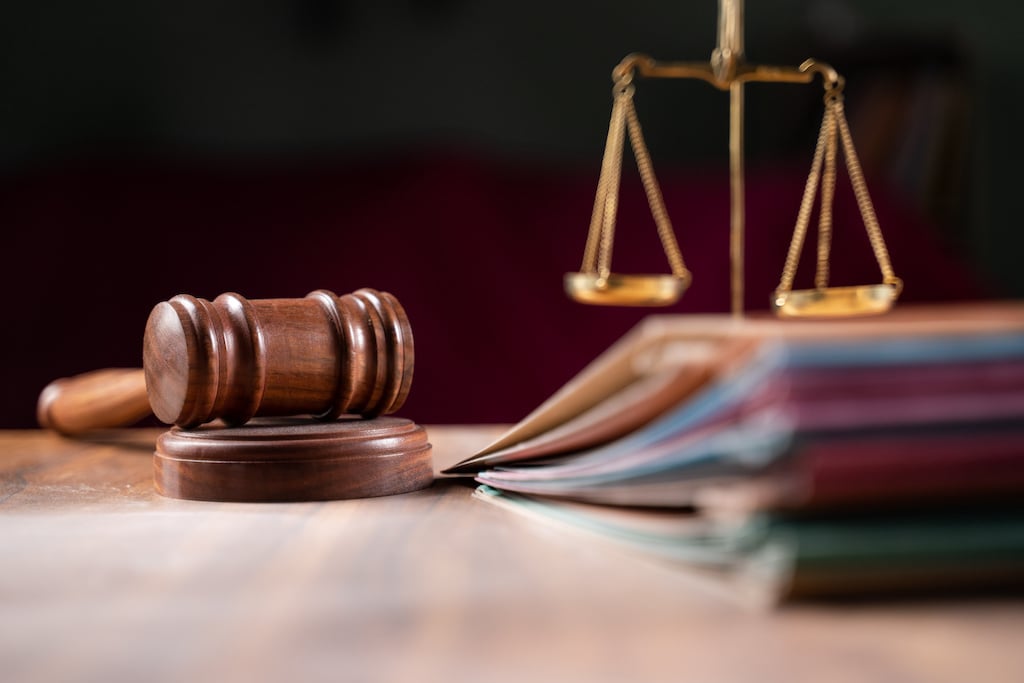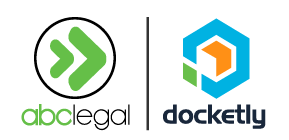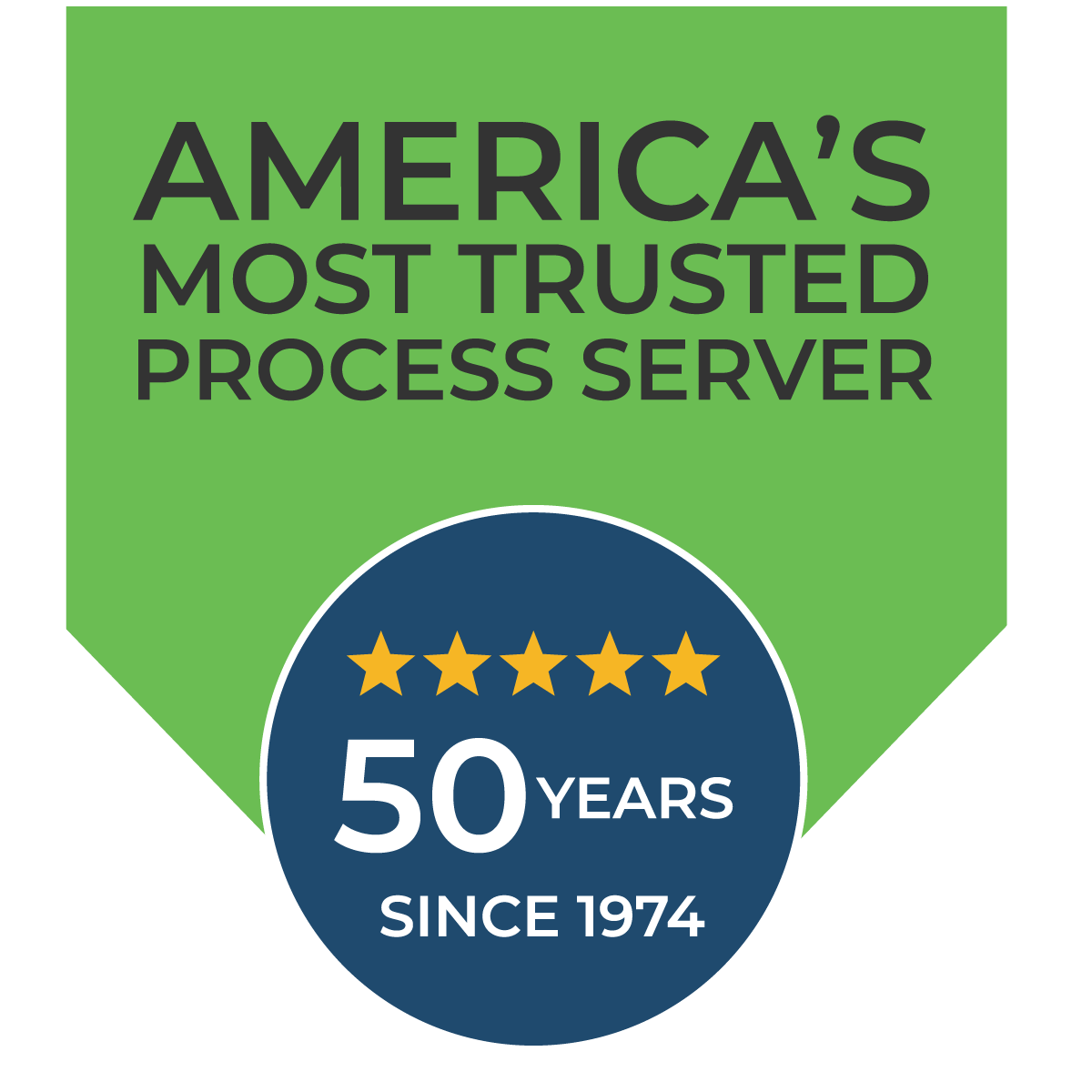After many states have lifted complete lockdowns and are at varying degrees of reopening, companies have cautiously reopened their doors to customers, and employees are returning to work. However, many businesses are in uncharted waters, leaving them looking for ways to limit liability related to potential litigation from COVID-19 cases contracted in the workplace. To do this, some are considering waivers for employees and even customers. But, these waivers can be somewhat limited in their effectiveness, and experts agree alternatives should be considered as well as consulting legal counsel first.
Weigh the pros and cons of workplace waivers
Businesses looking to reopen should undoubtedly consult an attorney for legal advice. There are different guidelines and regulations from state to state, with county and city regulations as well. Spend any amount of time reading through expert advice, and one thing is resoundingly apparent: Weigh the pros and cons of liability waivers before using them. Additionally, it is recommended to consider alternatives that offer some assurances without the drawbacks associated with waivers. Here are a few:
- First, COVID-19 is a human tragedy, and suffering is happening to both the employer and employee in this regard. Waivers could hurt the overall objective of reopening and discourage employees from returning to work. This opens the risk for negative publicity, as the company will be seen as prioritizing their interests, not the health and well-being of employees. Any way you spin this – it doesn’t send a feel-good signal to employees already apprehensive about returning to work.
- Mandatory waivers create unequal bargaining power with employees and risk fracturing an essential relationship in doing so. Traditionally, waiver agreements in the workplace are discouraged due to the superior bargaining power they give the employer. Check with your state, as waivers do not apply to gross negligence, willful, intentional, or wanton conduct. Waiver or not, employers cannot waive this broadly defined liability.
- Workers’ compensation statutes can limit the scope of employee waivers. If an employee is injured in the course of their employment, most states generally require employers to reimburse or cover medical expenses, lost wages, and rehabilitation costs. Even if forced to do so, employees cannot waive their innate rights regarding work-related injuries. The grey area is proving a case of COVID-19 was contracted at work. However, some states, such as California, have enacted a rebuttal to this argument by proactively stating employees who've contract COVID-19 have a workplace injury and are automatically covered in the workers’ compensation system.
- OSHA compliance still applies, waivers, or not. If a workplace is considered dangerous, OSHA complaints or enforcement actions take precedence. Note: OSHA has been directed by federal agencies to make exceptions for employers who, in good faith, make attempts to follow OSHA regulations during the COVID-19 pandemic, which may ease some concerns for businesses worried about possible litigation.
Small businesses are struggling to reopen and remain open.
On Thursday, July 30th, the U.S. Department of Commerce, Bureau of Economic Analysis reported that the U.S. economy contracted at an annual rate of 32.9% from April through June, the worst drop on record. And despite initial government intervention through the CARES Act, the economy is experiencing a drastic contraction, skyrocketing unemployment, and massive corporate reductions. According to CNN Business, the economy is in a recession not last seen for 11 years. There is no doubt that America's small business owners are struggling. Looking to avoid costly litigation and lawsuits, business groups and lawyers for companies are looking for legislation to protect corporations and small businesses during recovery efforts.
Liability protection for businesses during the pandemic in the HEALS Act
On Monday, July 27th, Senate Republicans unveiled the HEALS Act. In it, Mitch McConnell (R-TN) has pushed liability protection for businesses, a heated issue since the passage of the CARES Act. The proposed legislation in the HEALS Act is an effort to provide reassurance to employers and other institutions that fear possible lawsuits and civil liability regarding coronavirus exposure. It’s anticipated that Congressional Democrats will not approve the current form of the HEALS Act. Therefore, yet to be seen if liability protections regarding coronavirus exposure will make it into a final bill.
A recent uptick in coronavirus litigation?
According to an article published on politico.com on July 27th by Elanor Mueller, “Of the 3,727 coronavirus-related cases that have been filed since the onset of the pandemic in March, just 185, or less than 5 percent, fall into the category the majority leader describes.”
Playing devil's advocate, there is a delay of sorts or a waiting period to consider these specific types of liability claims. For example, on July 30th, The Wall Street Journal reported that the first wave of employee exposure-related lawsuits are rising. Walmart Inc., Safeway Inc., and Tyson Foods Inc. were all named in the article as having pending lawsuits from coronavirus victims and their families claiming those workplaces failed to protect them.
Remember when normal was seen as dull?
Not anymore. Now, normal conjures memories of better times past. And everyone from employers, employees, and governments too are struggling to regain a comfortable and familiar level of normal. In the middle of all this rapid adaptation, there is the fear of lawsuits from employers, fear of contracting COVID-19 by employees, and a combined fear by consumers that businesses will be unable to come back if they cannot operate safely. If you’re a business contemplating workplace waivers for your employees, it’s best to take all safety precautions seriously and consult legal counsel regarding COVID-19 regulations in your local jurisdiction.
About ABC Legal Services
ABC Legal is the nation’s leading process of service and court filing company and is the official process server to the U.S. Department of Justice. Docketly is a subsidiary of ABC Legal, providing appearance counsel on a digital, custom-built platform that smoothly integrates with our applications and services. ABC Legal’s applications are cloud-based and compatible for use on desktop, browser, and smartphones. Our solutions and digital approach ensure process server partners, law firm customers, and their clients save valuable time and resources when serving legal notices safely and with maximum compliance, control, and transparency. ABC Legal is based in Seattle, WA, with more than 2,000 process servers throughout the U.S., as well as internationally in more than 75 countries. To learn more about ABC Legal, our solutions, and subsidiary company Docketly, visit www.abclegal.com.
Written by
ABC Legal ServicesService made simple—down the road and across the country. Join the 50,000+ professionals who trust ABC Legal for service of process.
Recent Posts
Subscribe to email updates
Popular posts
Learn More

Compliance Made Simple: Process Server Auditing with ABC Legal

Evaluating A Service Of Process Vendor: 7 Questions To Ask

Passing the NCBA Audit: Reinforcing Leadership in Information Security








